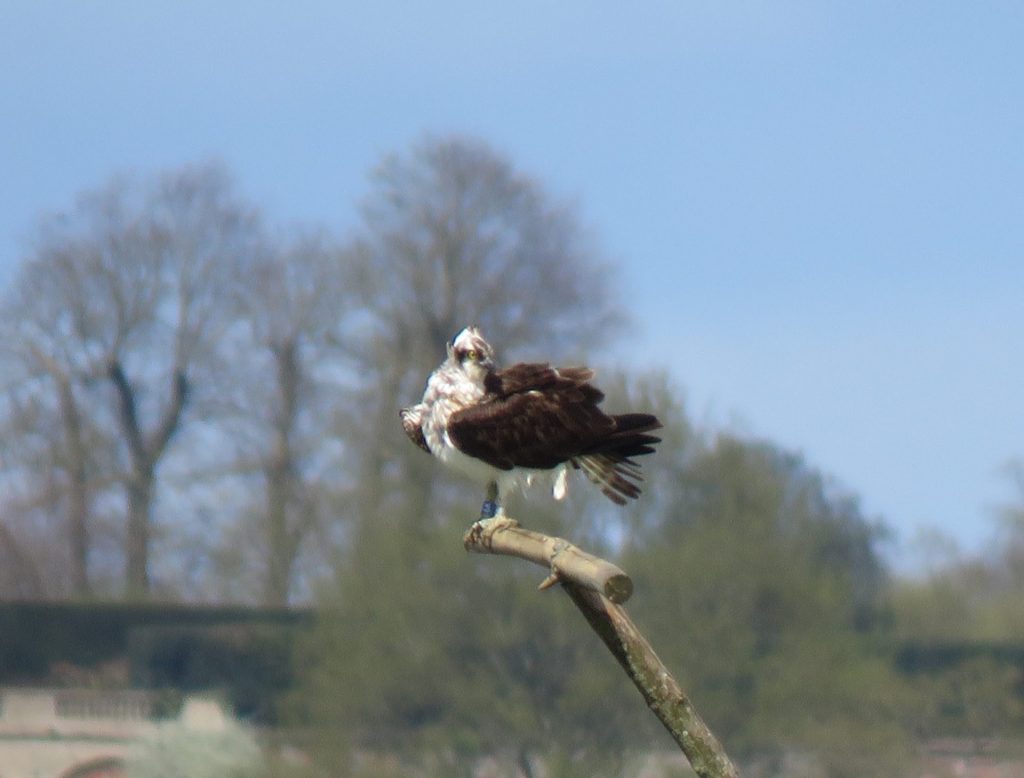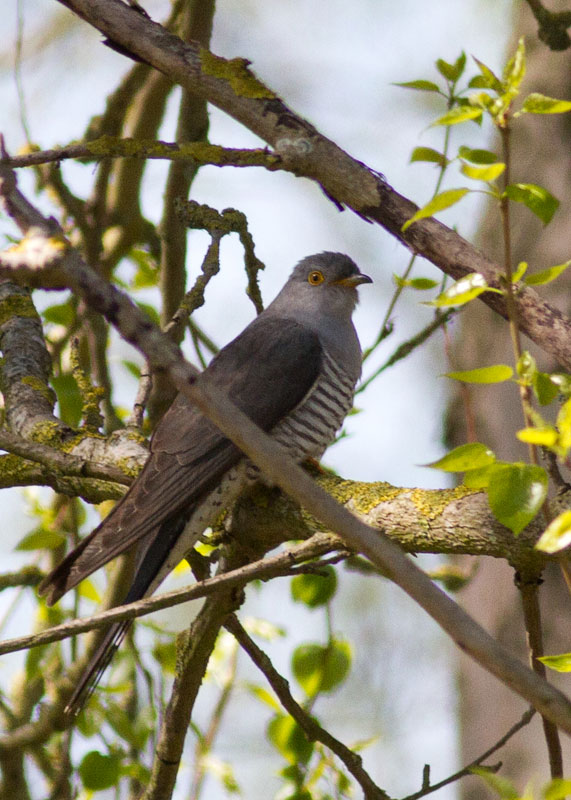Nature Notes – Welcome Home Ospreys
Ospreys
As I write this the Rutland Water Ospreys are en-route to the UK after leaving their winter quarters in Senegal and Gambia (West Africa). When you read this, all being well, several pairs will have returned to Rutland, and one prolific pair of birds will be back safely at their nest in Manton Bay. This pair, Myra and 03/96 (Mr Rutland) have raised over 20 young over a period of eight years. If they have survived two perilous journeys once more, they will be back at Manton within a few days of each other around 15 March.

We know from satellite tracking and from leg-ring numbers that many Ospreys have two homes. Birds that breed at Rutland Water are with us from March until August, fly back to Africa and are there from September/early October until February. Pairs do not stay together in winter but each returns to a favoured feeding area, often perching in the same trees once back to their winter “home”. We like to think of these birds as “our” birds as they raise their offspring with us. If we lived in West Africa we would no doubt welcome the birds back “home” in September and enjoy them as “our” birds for the next five months or so.
The Osprey is one of many species that return each spring, to breeding sites in northern Europe from winter “homes” by the Mediterranean and in Africa. Unlike Ospreys however, some species have “no fixed abode”when they are not with us. We know for instance that Cuckoos, once in Africa, move around over considerable distances. As insectivorous birds, particularly fond of large caterpillars, Cuckoos follow seasonal rains.
Cuckoos

After heavy rain insects are particularly abundant but only for a short period of time. As a result, Cuckoos are rarely in one area for more than a few weeks, often visiting several different countries in any one winter.
If you are familiar with the Simon and Garfunkel song (April Come She Will) based on a traditional English rhyme you will be aware that Cuckoos arrive in April and that by July “they will fly”. Cuckoos therefore have a “home” with us for just four months, followed by a nomadic existence for the next eight months.
The benefits of being in a known territory, which helps a bird to feed and avoid being predated, only lasts as long as food can be found. As most birds need to feed each day, the need to eat is a major factor in determining the extent to which birds rove around outside the breeding season.
For more information about the Rutland Ospreys and for visiting arrangements to view the Ospreys in Manton Bay this year see: www.lrwt.org.uk/rutland
David Scott




 What is Qi?
What is Qi?

